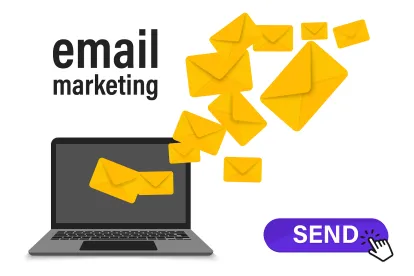During the Covid pandemic, I’ve been delighted to see how often lawyers write alerts and newsletters to inform clients and prospects of new cases and developments. Having had the opportunity to read dozens of such materials across practices and offices, I’d like to offer five top tips that could significantly increase their value, impact, and reader engagement:
-
Write like People magazine, not a treatise.
Even sophisticated readers prefer a light skim to a dense slog. Use short sentences, short paragraphs, small words, colloquial language, no legalese or case citations. Write like you’re explaining the issue to a smart middle schooler and you’ll have happier, more engaged readers. Help them skim with informative headings, bold type, etc. This applies to all marketing communications, including blog posts, LinkedIn articles and status updates, etc.
-
Keep it short.
Today’s Internet readers want one page, max. Offer simple, practical advice to help them save money, stay out of trouble, or do their job better and they’ll look forward to your next alert. Consider―they don’t need official case names or citations, or the lengthy formal name of the court or district it’s in. And don’t repeat numbers in parentheses, like “three (3).”
-
Grab them with a simple, bold headline.
Capture their attention and imagination with a short, powerful, useful headline. Your readers are busy, and they may get 100+ emails a day and 50 other law firm alerts and newsletters. Your alert is an interruption, the headline and Subject line must compel them to stop what they’re doing immediately and read our material. Think Buzzfeed.
-
Get to the point.
If you don’t grab them in the very first sentence, they won’t read the second one. Tell them what you’re writing about and why they should care. Make the first sentence so simple, clear, and informative that readers exclaim, “Hey, this looks really useful―I want to keep reading!”
-
Provide analysis, not information.
Don’t simply repeat or summarize what happened―tell them precisely what they should DO about it. Remember, you’re a law firm, not CNN, the Tribune, or National Law Journal. Our target clients can obtain the basic facts about a new court decision or piece of legislation more quickly and thoroughly from a major print, TV, or online news source. We’re the legal experts, we must provide specific, clear, actionable advice. That is the value we provide.




 />i
/>i

